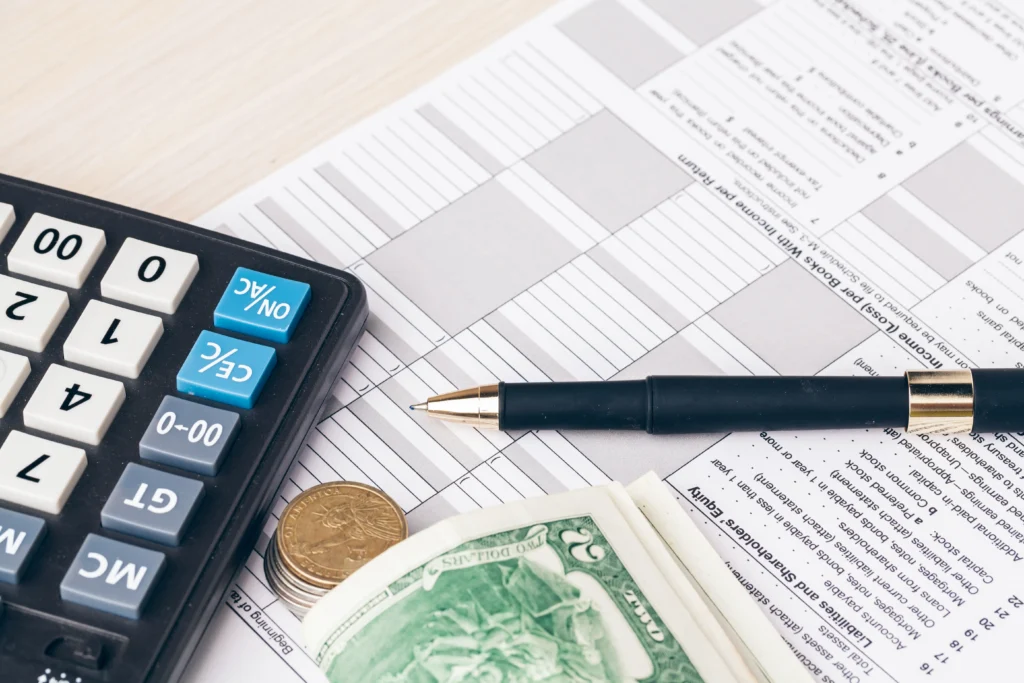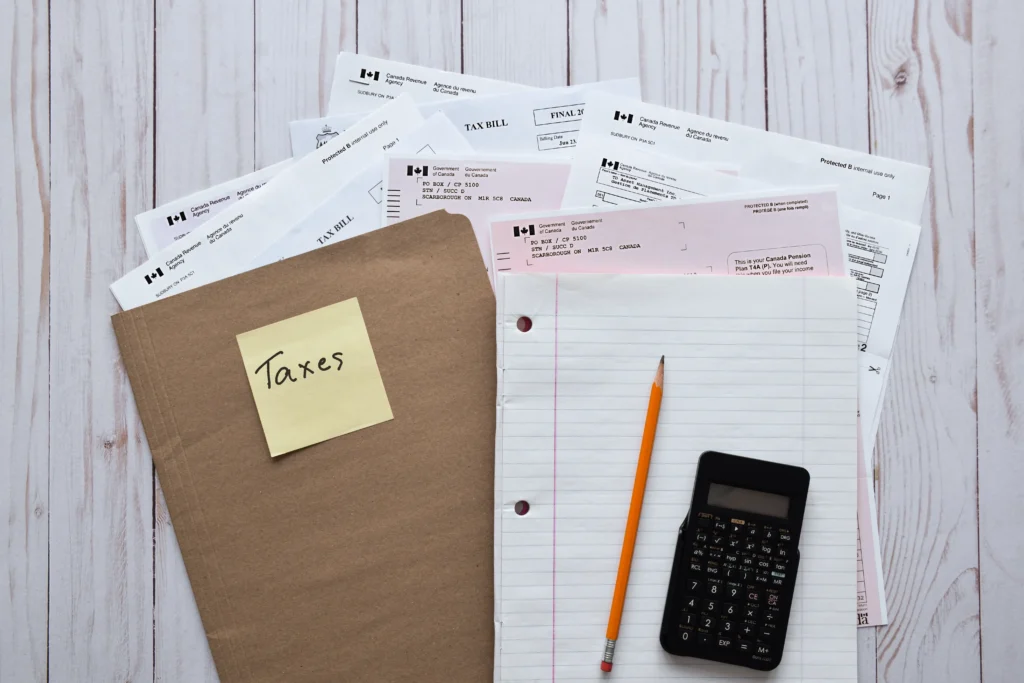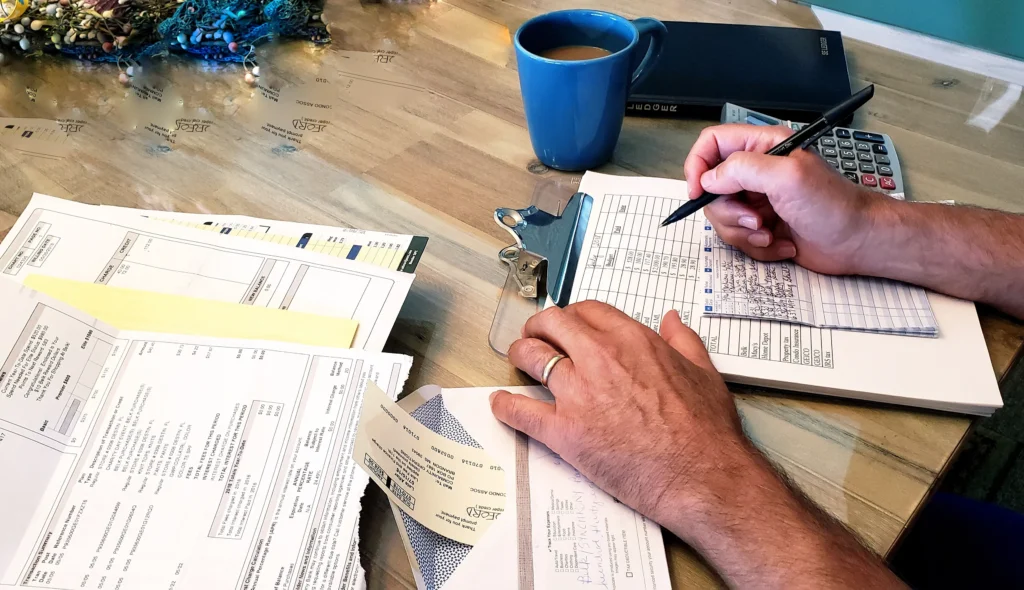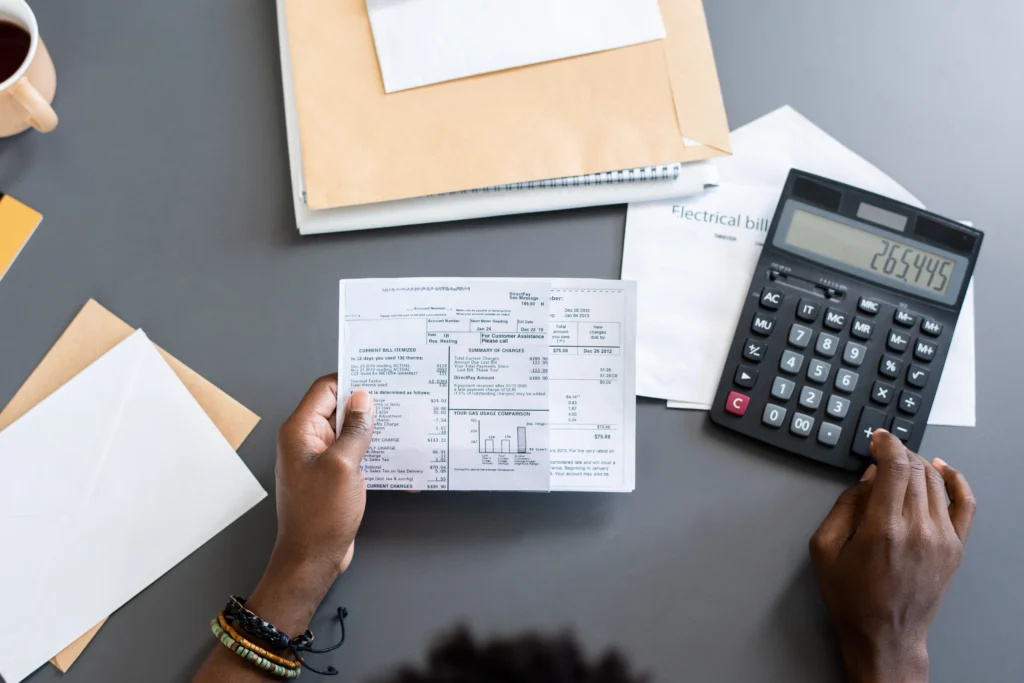When purchasing a new vehicle, many buyers choose to trade in their old car to reduce the overall cost. One common question among car buyers is whether a trade-in reduces sales tax liability. Since sales tax can significantly impact the final price of a vehicle, understanding how trade-ins affect taxation can help buyers save money. Let’s learn a little more does trade in reduce sales tax.
In this article, we will explore whether trading in a vehicle reduces sales tax, how tax laws vary by state, and the key factors that determine tax savings.

How Sales Tax is Calculated on Vehicle Purchases
Sales tax is a percentage of a vehicle’s purchase price that is collected by state and local governments. The tax rate varies depending on the state, county, and municipality where the vehicle is registered.
For example, if a state has a 6% sales tax rate, a vehicle priced at $30,000 would incur $1,800 in sales tax. However, trade-in credits can significantly reduce the taxable amount.
Does Trading in a Vehicle Reduce Sales Tax?
In most states, trading in a vehicle reduces the taxable amount of the new vehicle purchase. This means that buyers only pay sales tax on the difference between the price of the new car and the trade-in value.
Example of How Trade-In Reduces Sales Tax
- New vehicle price: $30,000
- Trade-in value: $10,000
- Taxable amount: $30,000 – $10,000 = $20,000
- Sales tax (6%): $1,200 (instead of $1,800)
By applying the trade-in credit, the buyer saves $600 in sales tax in this example.

States That Allow Trade-In Sales Tax Deductions
Most U.S. states allow trade-ins to reduce sales tax, but some do not. States that typically offer trade-in tax savings include:
- Ohio
- Florida
- Texas
- California
- Michigan
However, a few states, such as California, limit sales tax reductions based on the type of transaction. For instance, private-party vehicle sales may not qualify for a trade-in tax deduction.
To confirm trade-in tax rules in your state, visit the Department of Motor Vehicles (DMV) website or check with your state’s tax agency. The Federation of Tax Administrators (FTA) provides a directory of state tax agencies for reference.

What If You Sell Your Car Privately Instead of Trading It In?
Selling a vehicle privately instead of trading it in does not provide the same sales tax benefit. If a buyer sells their car to a third party and then purchases a new vehicle, they must pay full sales tax on the new purchase price.
While private sales may yield a higher selling price, they do not offer sales tax reductions, which can impact overall savings.
Sales Tax on Lease Trade-Ins
The tax treatment of leased vehicle trade-ins differs from that of purchased vehicles. When leasing a car:
- In some states, trading in a leased vehicle does not reduce sales tax on the new lease.
- In others, a trade-in credit may apply, depending on lease contract terms and state tax laws.
Lessees should review their lease agreements and consult their state’s Department of Revenue to determine tax implications.

Additional Factors Affecting Sales Tax on Trade-Ins
Several factors influence whether a trade-in reduces sales tax:
- State tax laws – Rules vary, and not all states allow trade-in tax credits.
- Dealership policies – Some dealerships offer additional incentives for trade-ins, but tax policies are state-regulated.
- Local tax rates – Cities and counties may impose additional taxes beyond the state-level sales tax.

Conclusion
In most states, trading in a vehicle reduces sales tax, as buyers are only taxed on the difference between the new car price and the trade-in value. However, sales tax laws vary by state, and private-party sales do not offer the same tax savings.
Before purchasing a new vehicle, buyers should check their state’s tax rules and evaluate whether trading in their car provides the best financial advantage. To learn more about tax deductions and financial strategies, visit ELVT Financial.



